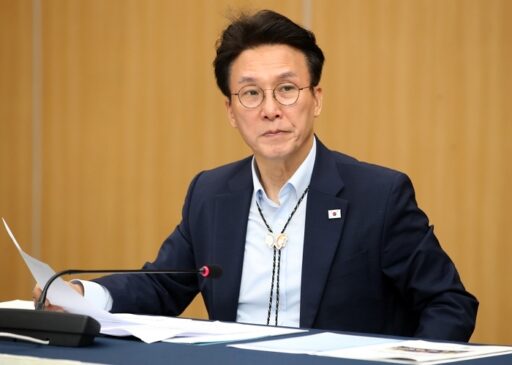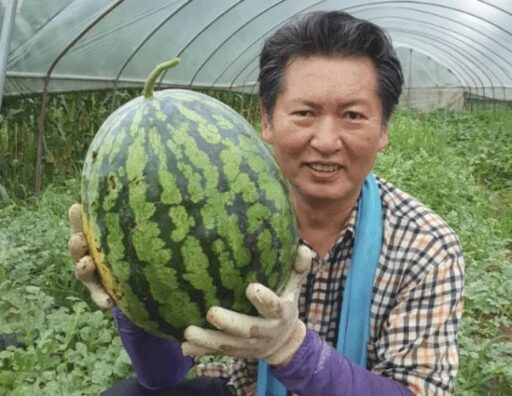Wi Sung-lak: "Consensus Achieved for South Korea-U.S. Summit, Date Undecided"
Wi Sung-lak, the National Security Office chief, announced the results of his visit to the United States, stating that he reached a consensus with the U.S. side on the urgency of holding a South Korea-U.S. summit, although an exact date has not been set.
After returning from his trip to the U.S. on the 9th, Wi stated during a briefing at the Yongsan presidential office, "There is a consensus to hold the summit as soon as possible, but I cannot definitively say whether it will be before or after August 1st."
On that day, Wi emphasized, "There are various matters in negotiations. There are discussions on tariffs and security. The key to everything is not whether the summit will happen or not." He also mentioned, "Ideally, I believe we can conclude various channel consultations to bring it to a summit."
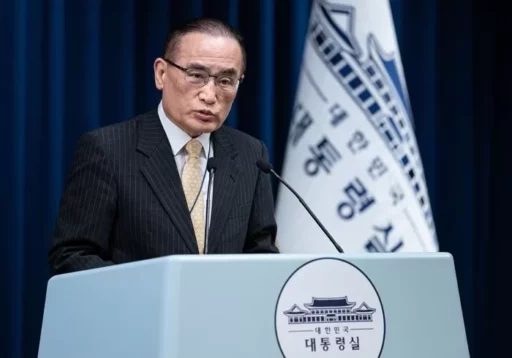
He further stated, "The major issues between South Korea and the United States are tariff negotiations and security-related consultations. If those lead to good conclusions, it will be easier to promote the summit," adding, "I believe there will be momentum for the summit considering the current situation, diplomatic issues, and various aspects of the South Korea-U.S. relationship."
Regarding the critical issue of tariff negotiations, he declared, "The ultimate goal is to eliminate tariffs or at least minimize them, and I will work hard to achieve that."
During his visit to the U.S., Wi also informed the U.S. side on three matters during discussions with U.S. National Security Advisor and Secretary of State Marco Rubio.
Specifically, these included:
1. Even if both sides adjust differing views on current issues, they will work together towards resolution within the broader framework of developing the alliance and strengthening trust.
2. Comprehensive consideration of relevant packages covering trade, investment, procurement, and security issues to advance consultations.
3. Promoting the process of holding the South Korea-U.S. summit at the earliest possible date and creating mutually beneficial agreements on all current issues.
Security-related consultations, including defense cost sharing, are conducted from a long-term perspective compared to trade negotiations.
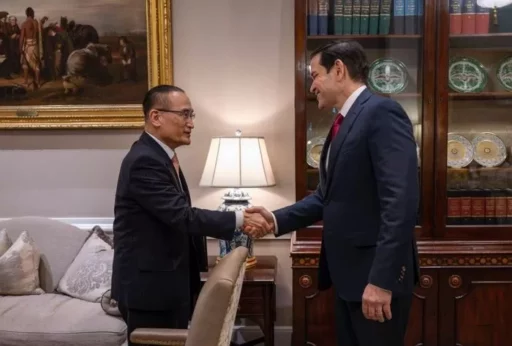
Concerning defense cost sharing, Wi noted, "Various defense expenditures are also subjects of discussion. That discussion is likely to be drawn out a bit longer than trade issues." He added, "Ultimately, the summit will come at some stage, and discussions will take place."
Wi addressed U.S. President Donald Trump's demand for an increase in defense cost sharing for U.S. troops stationed in South Korea, stating, "I have not received any report that the amount may change," adding, "Currently, there are not many discussions between South Korea and the U.S. regarding the Special Measures Agreement (SMA)."
Earlier, on August 8 (local time), President Trump pointed out during a Cabinet meeting at the White House regarding U.S. forces in South Korea, "South Korea pays far too little to the United States," citing that "South Korea must shoulder its own defense costs," and referred to the country as a "rich nation."
In response, Wi stated, "As you know, we are paying 15 trillion won, and there are separate direct and indirect supports, and it is true that we are negotiating to slightly increase in line with international trends."
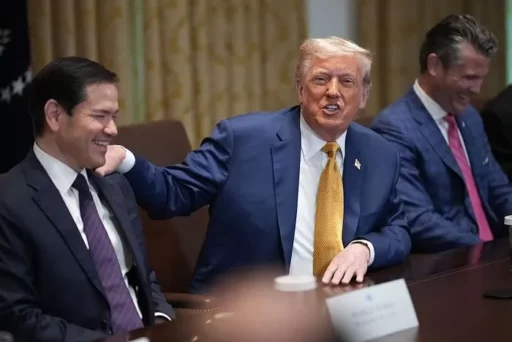
Under the 12th South Korea-U.S. Special Measures Agreement (SMA) reached last year, South Korea's defense cost sharing for 2026 is set at 15.192 trillion won (approximately 1.121 billion dollars), marking an 8.3% increase compared to this year.
Additionally, Wi expressed that he has no interest in the tariff negotiations between the U.S. and Japan, saying, "I think Japan is also facing quite difficult negotiations," and noted, "Japan's mutual tariff rate increased slightly from 24% to 25%. We remained unchanged."
When asked if lowering tariffs even slightly compared to Japan is a goal, he replied, "Japan is not something I am conscious of. The negotiations between Japan and the U.S. are their own, and we have our own negotiations." He added, "It is simply the case that there is a degree of interest domestically regarding comparisons in public opinion or the media, but I am not looking at Japan in that respect."
Meanwhile, the United States has recently warned that it may impose reciprocal tariffs on 14 countries, including South Korea, and future negotiations are expected to be conducted more closely than before.
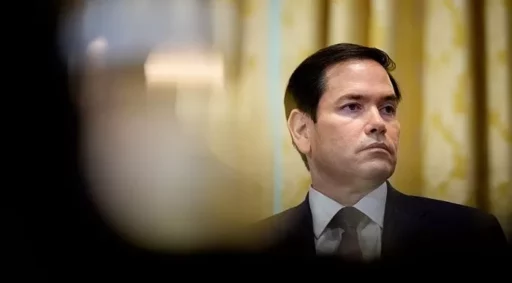
Image source: Wi Sung-lak, head of the National Security Office, giving a briefing on tariff negotiations and defense costs at the Yongsan Presidential Office in Seoul on the 9th. / News1, Wi Sung-lak shaking hands with U.S. Secretary of State and National Security Advisor Marco Rubio in Washington, D.C. on the 7th (local time). / News1, U.S. President Donald Trump placing his hand on Secretary Rubio's shoulder during a Cabinet meeting at the White House in Washington, D.C. on the 8th (local time). / Getty Images Korea, Marco Rubio, U.S. Secretary of State. / Getty Images Korea
